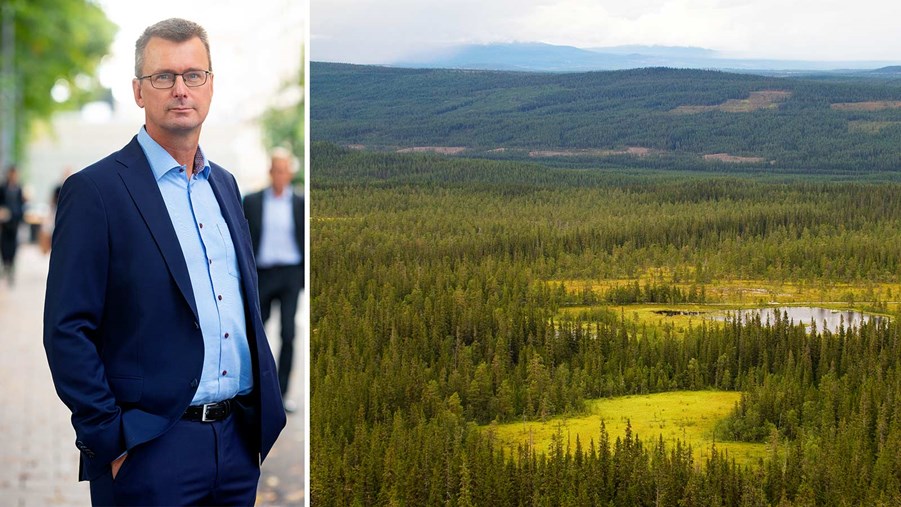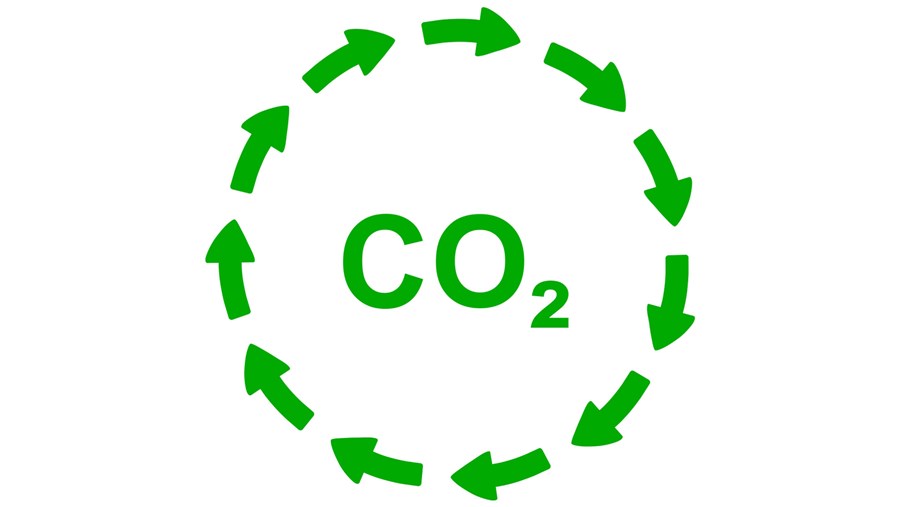
Carbon removals certification can at best be a tool to boost climate benefits of the forest-based bioeconomy, but at worst hamper or delay both removals and other climate benefits. That is roughly the gist of the new position paper on carbon removals certification from the Swedish Forest Industries.
"Carbon removal solutions in the forest-based industry should be incentivized without losing focus on the core issue in climate mitigation: removing all fossil emissions. It is crucial to recognize the total climate benefit from the bioeconomy and from forestry – be that products that store carbon or technologies such as bio-CCS", says Magnus Berg, Director of Public Affairs at the Swedish Forest Industries Federation (SFIF).
Focus on replacing fossil products with biobased alternatives
On 30 November 2022, the European Commission adopted a proposal for a Union certification framework for carbon removals. The proposal aims to boost innovative carbon removal technologies and sustainable carbon farming solutions and contribute to the EU’s climate and environmental goals.
SFIF welcomes the initiative and has some proposals on how to move ahead.
"Climate mitigation needs to focus on replacing fossil products with biobased alternatives and achieving stable carbon removal through active sustainable forest management", says Magnus Berg.
The risks: more offsetting and less biodiversity
Concerns have been raised about the proposal potentially missing its aim if removals are used to offset other emissions, and that some measures pose a threat to biodiversity.
"These concerns are valid, but the solution is not to counter carbon removals but to find a good place for them in the EU climate policy. Removals are related to the LULUCF sector and is separated from fossil emissions in the ETS", says Magnus Berg.
He stresses how important biodiversity is to the forest-based industry and believes that that the issue needs to be handled within the comprehensive EU and UN biodiversity frameworks, and not by narrowing the scope to only carbon removals activities that provide biodiversity co-benefits.
The way ahead
"Some activities can benefit both biodiversity and climate, but in most cases the benefit is only climate related. That is why the proposal should be reverted to the core objective of removing carbon instead of a variety of co-benefits", says Magnus Berg.
"BECCS and storage in wood construction are relatively straightforward to verify. These activities should be given a fast-track. Carbon farming is more challenging to verify, but it should be made as simple as possible for farmers and foresters to use. Complicated sustainability criteria, detailed monitoring or comprehensive liabilities is not the right way to go. I hope the Member States, Parliament and the Commission expert group keep that in mind going forward", concludes Magnus Berg.

